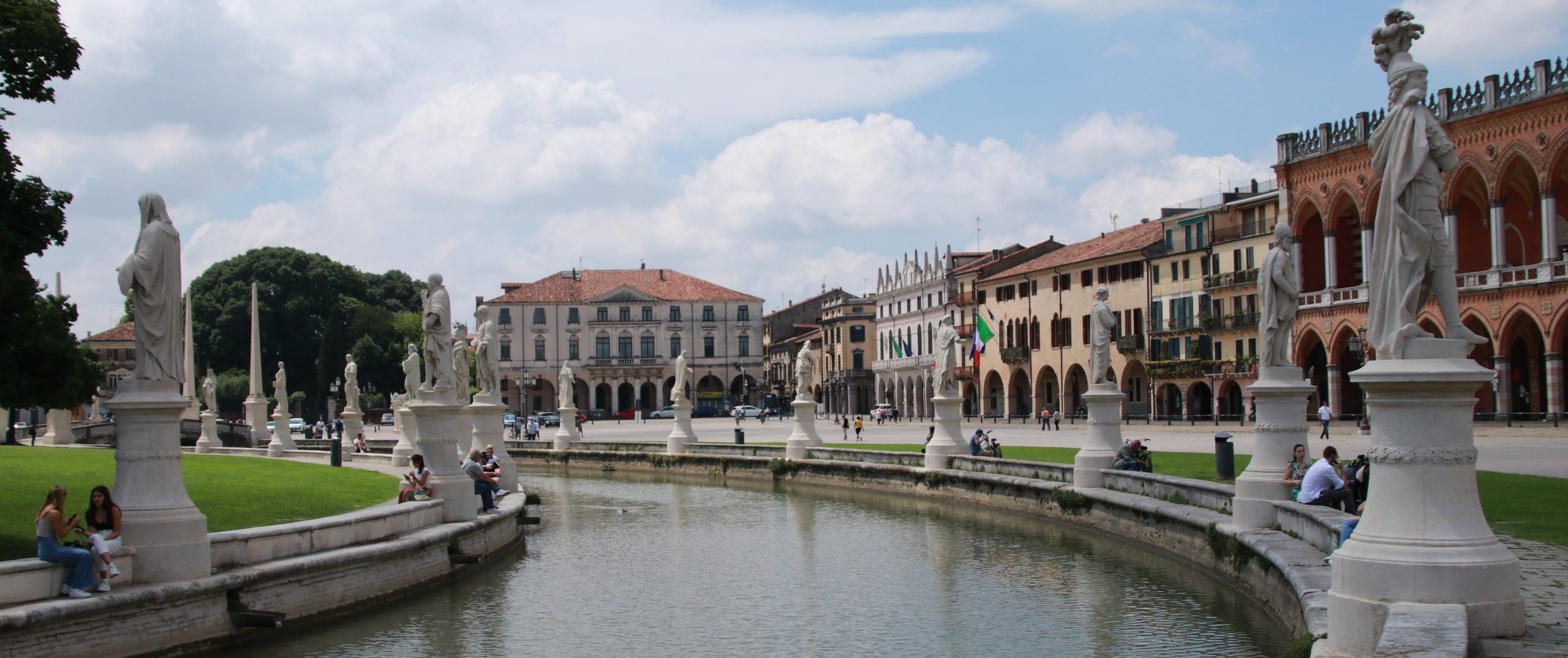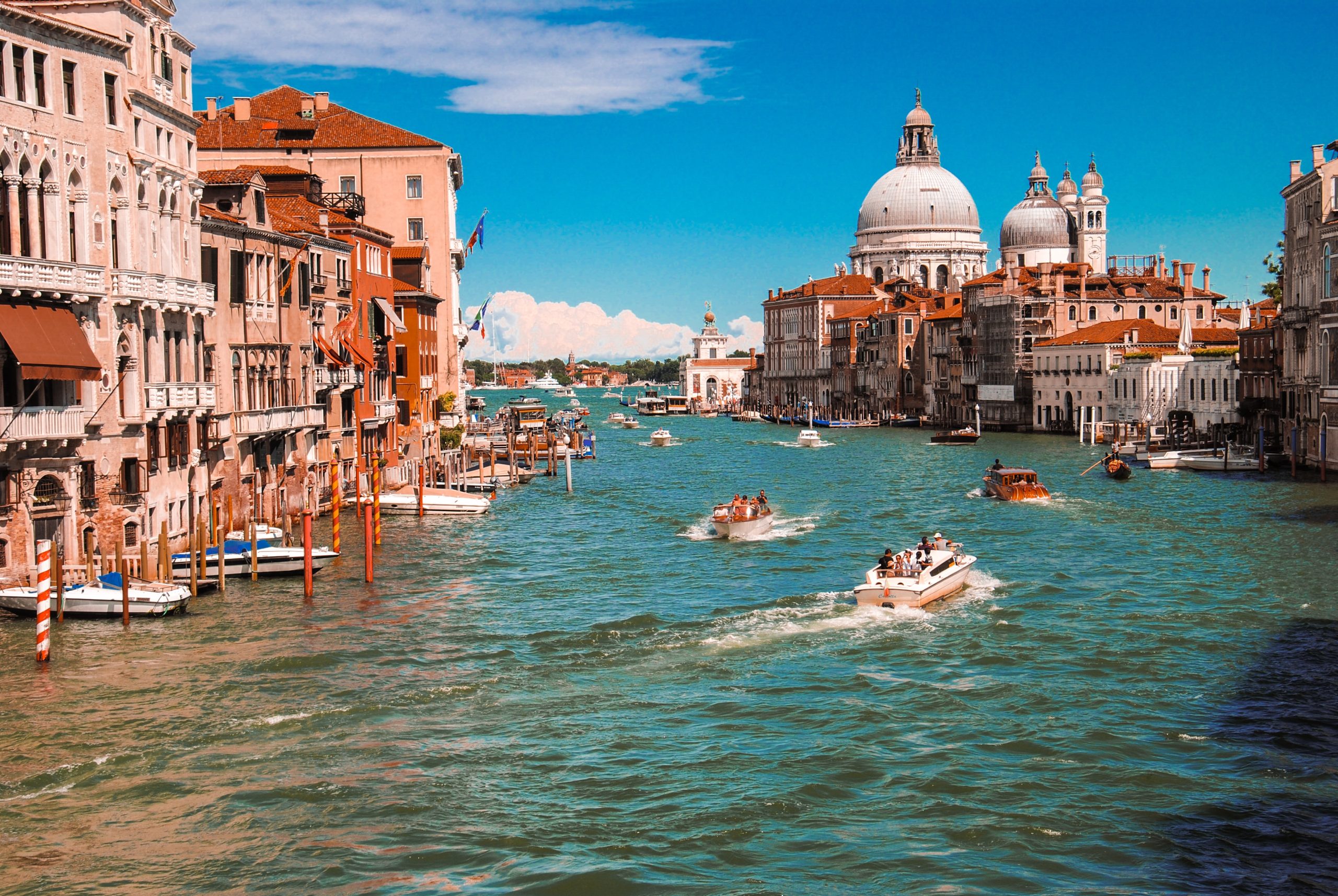Public Holidays are certain days throughout the years where national and local activities are reduced, and they are alternated by working days. Italian public holidays are affected by the Christian heritage, the Roman heritage, and Italian history. The weekly holiday is placed on each Sunday, in accordance to the Christian heritage; furthermore, Italy has 12 National holidays scattered around the annual calendar. The holidays are the following:
| New Year’s Day | January 1st |
| Epiphany | January 6th |
| Easter Sunday | variable |
| Easter Monday | variable |
| Liberation Day | April 25th |
| Labour Day | May 1st |
| Republic Day | June 2nd |
| Ferragosto | August 15th |
| All Saint’s day | November 1st |
| Feast of the Immaculate Conception | December 8th |
| Christmas Day | December 25th |
| Saint Stephen’s Days | December 26th |

In addition to the above holidays, every municipality celebrates the local Saint protector. In Rome this day is June 29th (Ss. Paul and Peter), whilst in Milan is December 7th (S. Ambrose); in South Tyrol this holiday is replaced by Whit Monday.
Public holidays and local Saints days are not transferred to the earliest working day and therefore they are wasted.
Conversely, if the public holiday falls on a Tuesday, Thursday, or Friday the precedent/subsequent day can be also deemed as a public holiday enjoying then a longer break that Italians name ponte (bridge).
In addition, the government can introduce temporary public holidays during any given year, this is normally done to celebrate certain anniversaries, such as the 150 years anniversary of the Italian unification. Those holidays are then discontinued in the following years.
Back in the days Italy enjoyed 4 extra public holidays which were suppressed in 1977 in an attempt to boost productivity and increase the national GDP by increasing the number of working days throughout one year.
In 1977 the Father’s day, Ascension day, Corpus Domini, and the St. Paul and St. Peter day were eliminated from the public holiday calendar. Furthermore, the Epiphany festivity was suppressed for a few years, to be reinstated later on.






